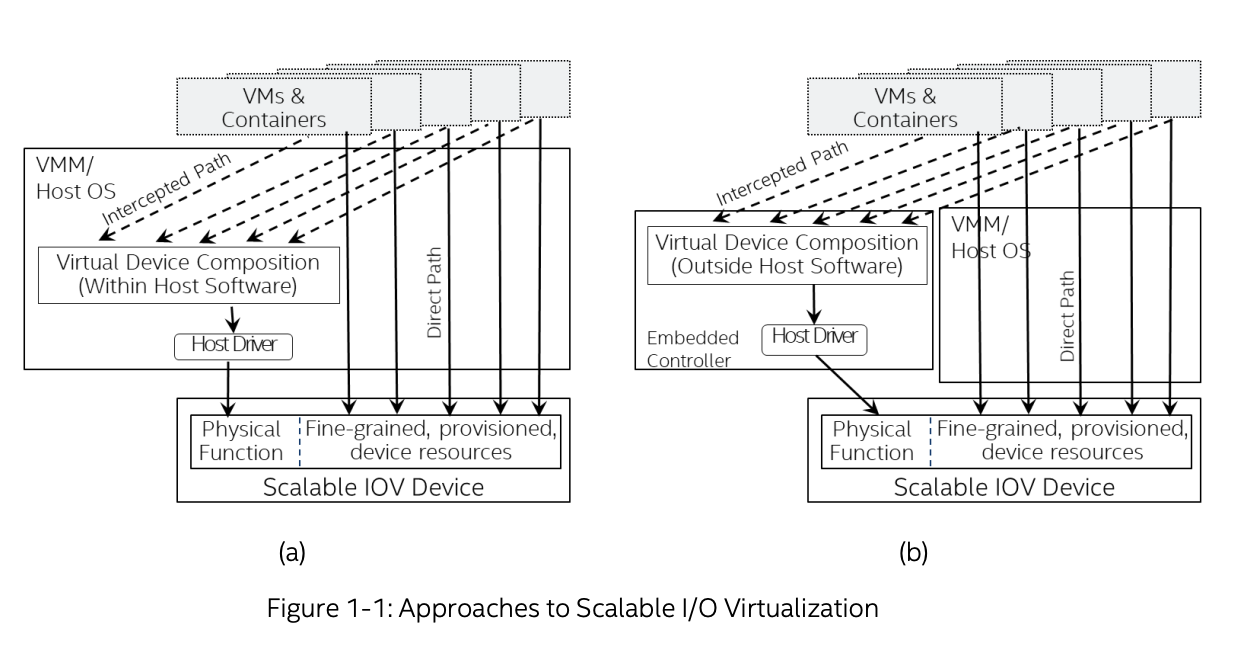Phoronix: Linux 6.2 Brings A Big Rework To The MSI Subsystem
The IRQ pull request that was merged early in the Linux 6.2 cycle has a big rework to the Message Signaled Interrupts (MSI) subsystem...
The IRQ pull request that was merged early in the Linux 6.2 cycle has a big rework to the Message Signaled Interrupts (MSI) subsystem...




Comment